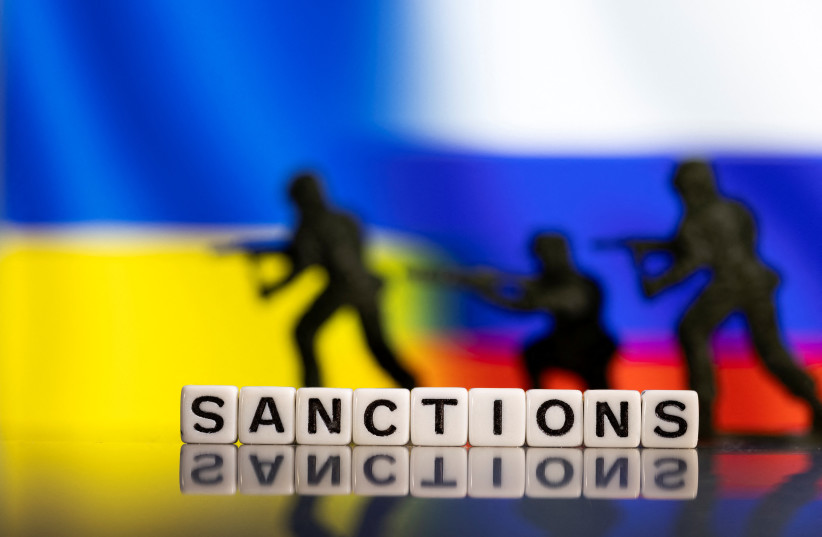At the annual Cybertech conference in Tel Aviv, former Knesset member Erel Margalit, who served as head of the Subcommittee for Cyber Defense, called for the creation of a global cyber alliance in response to the Russian-Ukrainian War and the economic sanctions that NATO has imposed on Russia following its invasion of Ukraine.
“The current war has proven that the NATO alliance on its own isn’t sufficient,” said Margalit, founder and chair of Jerusalem Venture Partners and Margalit Startup City.
“Leadership is required to establish a democratic cyber alliance, including NATO and other free countries, in order to lead values-based cyber that will support democracies and people, and will say ‘enough!’ to dictators and to those who support them.”
One of the possible forms that alliance could take, suggested Margalit, is that of a global Computer Emergency Response Team (CERT), in which each democratic country is connected to existing CERT centers and shares responsibility to exchange information and intelligence, prevent attacks and to deal with them correctly when they happen.
“The next stage of the war is the war on the financial realm,” noted Margalit. “Even the economic and commercial sanctions that the NATO countries have imposed on Russia, at the heart of which is SWIFT, are not suitable for the new world of digital payments. A payment system is needed for the generation after SWIFT to allow the transfer of legitimate money and to block the transfer of money to criminals, dictators, and those who fund them.”

The idea of creating such a coalition isn’t out of the question, although it could lead to severe consequences on an international scale.
“We have to understand that the moment we do that, we kind of officialize the fact that we are in an open confrontation with Russia and China,” explained Dr. Emmanuel Navon, an International Relations expert at Tel Aviv University School of Political Science. “It risks pushing Russia further into the arms of China, and kind of officializes the division of the world between the West and the China-Russia partnership.”
In that scenario, the West wouldn’t hold much leverage for negotiation between the two sides. China holds a strong economic footing thanks to its development of the World Bank of China and the Asia Infrastructure Investment Bank, which are fundamental players in an international trade and financial system that competes with the West.
Put simply, a strong China-Russia economy may not need the West in order to thrive.
“Technically, we can envision a parallel economic system, like what we had during the Cold War: one led by the Soviet Union and one by the United States,” added Navon. “This would be more like a dual system, with one led by the US and the other one by China; in that dual system, Russia would be a junior partner, economically.”
He concluded that while “It is viable in the sense that Western countries can build together a global cyberdefense system,” but that “it would carry geopolitical implications” – and potentially severe ones at that.
